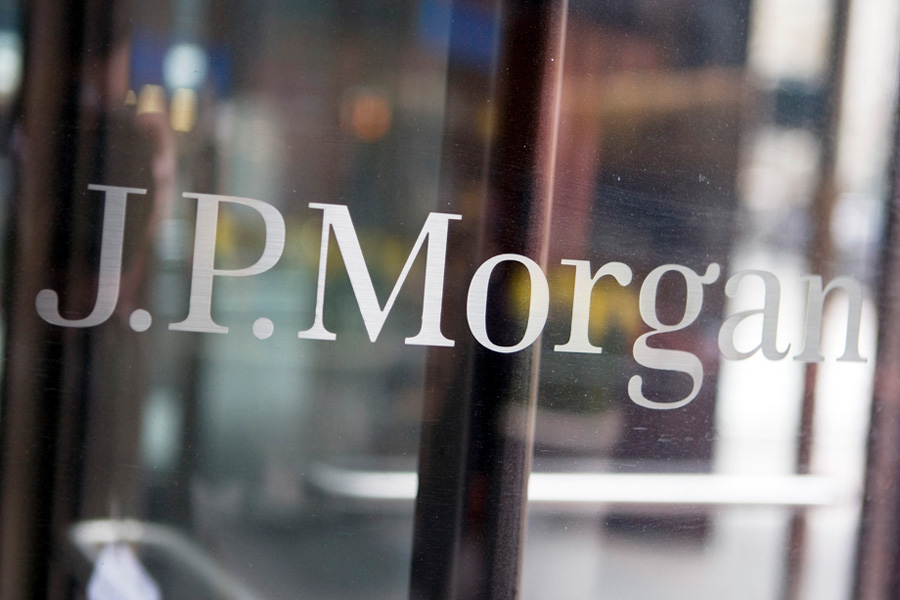One of JPMorgan Asset Management's largest mutual funds is selling stocks, wagering that a dovish Federal Reserve is signaling burgeoning risks to global economic growth.
Eric Bernbaum, co-portfolio manager of the JPMorgan's $50 billion Global Income Fund, has cut European and emerging-market stock exposure to about 27% in February from 31% in October. He continues to favor junk bonds, though he has also loaded up on low-risk, highly liquid money-market investments — an asset class he didn't own this time last year — as a buffer.
The Fed's "more dovish pivot should be recognized that it was taken because they had a less favorable view of both markets and economic growth," Mr. Bernbaum said in a telephone interview. "The risk-reward trade-off — both from a return perspective and certainly from a yield perspective — is more attractive in corporate credit today than it is in equities."https://cdn-res.keymedia.com/investmentnews/uploads/assets/graphics src="/wp-content/uploads2019/02/CI118879226.PNG"
The risk of a
U.S. recession in the next 12 to 18 months is still "pretty low," and the central bank action is likely to to push out the
economic cycle "a bit further," he added.
Mr. Bernbaum's strategy comes as the Fed signaled that it's done raising interest rates until inflation accelerates in the world's biggest economy, switching from last year's expectation of further gradual hikes. After nine increases since 2015, economists including those from Goldman Sachs Group have pared back their calls for rate hikes, citing a higher bar for the central bank to ratchet up borrowing costs in 2019.
The $1.7 trillion money manager is still positive on risk assets, but sees junk bonds as a safer avenue to play the dovish Fed-induced rally, Mr. Bernbaum said. Low default rates and sound fundamentals make riskier corporate debt attractive, and the fund is likely to continue adding money into the asset class, he said.
U.S. junk bonds comprised 27% of the fund, while about 9% was invested in European junk, according to JPMorgan.
Below are Mr. Bernbaum's views on other asset classes:
Short-duration buffer
"Agency mortgages and short-duration fixed-income instruments comprise 12% to 13% of the portfolio today — a mix of money-market type assets as well as very high-quality corporate credit and asset backed-securities. This makes us very comfortable with our meaningful weight in high-yield credit, where we know at times liquidity can be restricted."
Range-bound Treasuries
"Our expectations on yields have come down moderately — we see fair value for 10-year Treasury yields by the end of the year in a range of 2.5% to 3%. If we start to see yields creep up toward 3% it might become an entry point to add a bit more high-quality duration assets to the portfolio."
Rich dollar
"The greenback will remain relatively range-bound this year, although from a longer-term valuation perspective, the dollar looks a bit rich. We expect there to be a bit more nuance in how the dollar moves relative to emerging-market currencies."
China risk
"We do recognize that there are some upside risks to China should there be resolutions to discussions between the U.S. and China on trade. In the near term though, some of the structural and important issues — things like cybersecurity or intellectual property rights — are going to be hard to resolve."
(More: Bond titan blasts 'misguided' bet that Fed hikes are over)







